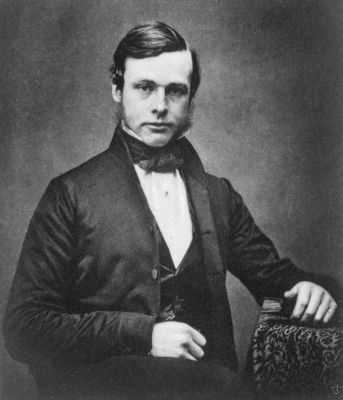
Joseph Lister was a British medical scientist and a pioneer in preventive medicine. He was the founder of antiseptic medicine, which helped prevent infection during and after surgery. His antisepsis principles laid the foundation of modern infection control Joseph Lister was born in 1827 in Essex, now in London, into a prosperous family. His father Joseph Jackson Lister was a wine merchant and an amateur physicist and microscopist. His discovery led to the modern achromatic microscope.
Soon after graduating in medicine in 1852, Lister became a fellow of the Royal College of Surgeons and house surgeon at University College Hospital in London. In 1861, he was appointed surgeon to the Glasgow Royal Infirmary, where he was in charge of wards in the surgical block. At that time, wound infections were a common occurrence that frequently killed patients. Doctors did not then realise that patients were dying of operative sepsis, an infection of the blood by disease-producing microorganisms. Between 1861 and 1865 alone, Lister noted that about 50% of his amputation cases died (from sepsis).
Eureka moment
Lister’s moment of realisation came when he read about Louis Pasteur’s research onputrefaction. He realised that the process behind fermentation might also be involved with wound infection. In his ward, Lister began his experiments with antisepsis. He found an effective antiseptic in carbolic acid, which had already been used as a means of cleansing sewers and had been empirically advised as a wound dressing in 1863. This proved extremely effective at preventing sepsis and gangrene. Lister first successfully used his new method in 1865, and in 1867, published a series of cases. The sepsis cases in his ward came down drastically. His recommendations met with some resistance in the medical profession, but eventually came to revolutionise surgery.
Many firsts
Lister also has many firsts to his credit. He was the first person to isolate bacteria in pure culture (Bacillus lactis) using liquid cultures containing either Pasteur’s solution. Lister also pioneered the use of catgut and rubber tubing for wound drainage. He also showed that urine could be kept sterile after boiling in swan-necked flasks.
In 1883 Queen Victoria made him a Baronet, of Park Crescent in the Parish of St Marylebone in the County of Middlesex. He was appointed one of the 12 original members of the Order of Merit in 1902. Lister is one of the two surgeons in the United Kingdom who have the honour of having a public monument in London. Lister’s stands in Portland Place.
Picture Credit : Google




